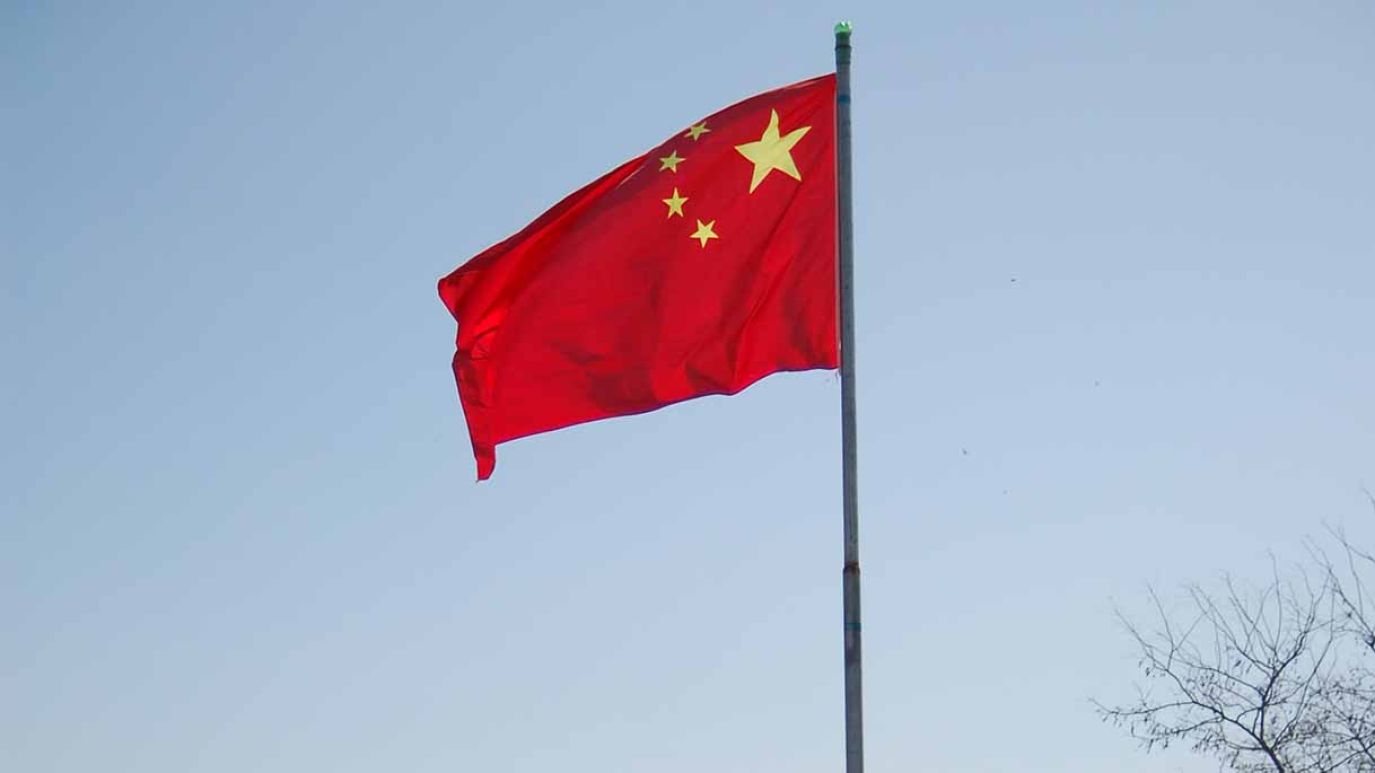Detainment of Kroll executive in Hong Kong causes further concerns over investments and business in China

It is becoming increasingly difficult for Western companies to do business in China over Beijing’s nebulous definition of what constitutes the state’s concerns around “national security”.
In the latest incident, in September, Beijing imposed an exit ban on a Hong Kong-born senior executive – Michael Chan – at US-based risk advisory firm Kroll, while he assists a probe by the PRC into a case from a few years back.
Chan specializes in corporate restructuring. Kroll has offices in five Chinese cities, including Beijing, Shanghai and Hong Kong, although it is being said that neither Chan, who is a Hong Kong citizen, nor Kroll, are the target of the investigation.
Scaring off foreign investment in China
It’s another move that is spooking US and foreign companies and investors in China, who fear crossing the PRC’s ambiguous definition of national security, while operating in country. The incident targeting foreign business executives is not the first.
On 25 September the Financial Times reported that Charles WANG Zhonghe, Chairman of Investment Banking for China at Nomura International (Hong Kong), was barred from leaving China in connection to an investigation into BAO Fan, founder of Chinese investment company China Renaissance. Bao is one of the many financial executives who recently have disappeared over possible corruption. Both Wang and Chan are still able to move freely around the mainland, and Chan is still working for Kroll.
However, China’s growing anti-private sector business stance is raising concerns, as reflected in a growing list of crackdowns on Chinese and foreign executives. For example, in October, Hui Ka Yan, chairman of Evergrande, one of China’s largest real estate developers, was placed under "residential surveillance" (which is just shy of an official arrest), with authorities believing he may have committed crimes.
A growing list of executive detentions in China
Evergrande is considered one of the world’s most indebted companies – authorities also arrested Peter Xu, Hui’s second son and an Evergrande executive. Chinese media has speculated that their detention was due to secret transfers of assets by the Hui family. Evergrande started to default on its debts in 2021 and as of December 2022 had liabilities of $340 billion.
Other recent incidents include:
- The “disappearance” in February 2022 of Bao Fan, CEO and co-founder of Chinese investment bank China Renaissance, over corruption charges. Chinese media have more recently acknowledged that Bao is currently cooperating in an investigation being carried out by certain authorities. The case is thought to be linked to a corruption probe of Cong Lin, the former president of China Renaissanc
- The detainment in 2021 of Chen Feng, chairman of Chinese conglomerate HNA and chief executive Adam Tan, with little reporting of their status in the last two years. Once the pandemic hit, HNA was billions in debt and on the brink of collapse. It was then taken over by the Hainan provincial government in 2020, and the company was placed under bankruptcy administration in 2021.
- The sentencing of property tycoon, Ren Zhiqiang, for 18 years in 2020. He went missing after criticizing the Chinese Communist Party’s response to the pandemic, and in an open essay referred to President Xi Jinping as a "clown." After which, he was stripped of his CCP membership, detained, and put under investigation. In a one-day trial, Ren was sentenced to 18 years on bribery, embezzlement of public funds, and abuse of power
How Pamir can advise on the risks of doing business in China
China has at least 18 laws that allow Chinese authorities to impose exit bans on foreigners and Chinese citizens who are either suspects or key witnesses in a criminal investigation. An academic study published in 2022 found foreigners of Chinese origin are most vulnerable.
However, Pamir considers that while Chinese citizens are most under threat, US executives should take steps to ensure their personal security when visiting China, and to gain comprehensive insight into what China’s national security laws means for American companies doing business there.
Pamir has decades of on-the-ground experience and local knowledge of advising Fortune 500 companies and investors about the risks of opening business operations in China. Contact us today, to find out how we can help.
China’s 5G influence in developing economies
China’s Belt and Road Initiative and its digital counterpart, the Digital Silk Road, threaten to displace US telecom and tech companies in developing economies in Africa, Latin America and the Middle East. How can US operators and network providers stand up to the challenge?